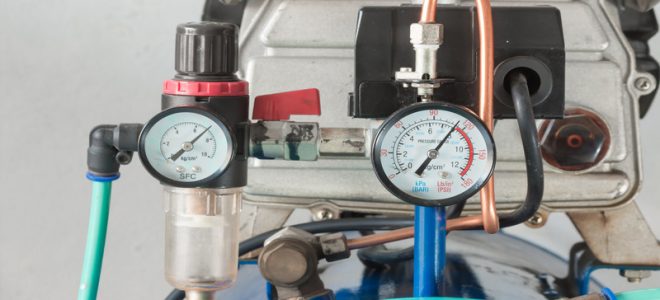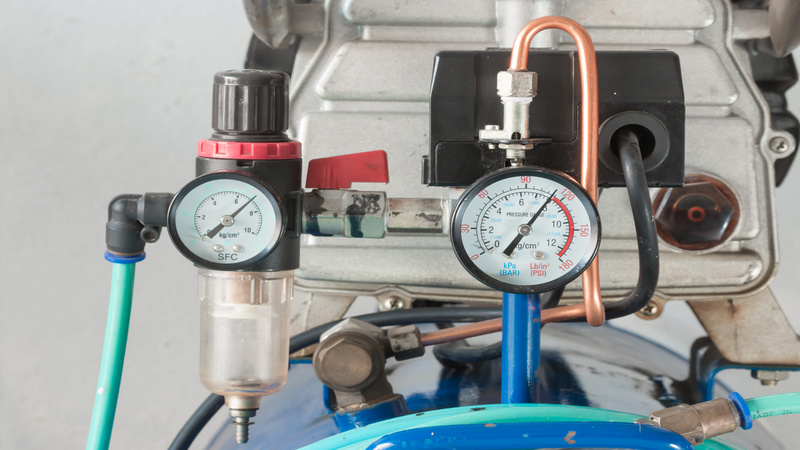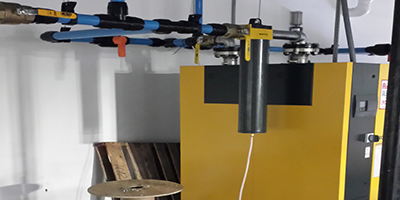Radon is a naturally occurring decay product of radium. It is a radioactive, colorless, tasteless, and odorless gas, and is considered the leading cause of lung cancer among non-smokers. According to the Surgeon General of the United States, it is the second leading cause of lung cancer in the general population. The EPA recommends a radon mitigation system be installed in buildings where test results show radon levels above 4 pCi/L. The first step to mitigating dangerous radon gas is to contact a Radon Reduction Systems in Pittsburgh PA.
Because the air pressure in a building is lower than the pressure in the ground surrounding the foundation, the building itself functions as a vacuum, drawing radon in through cracks in the foundation. The radon testing devices used by Radon Reduction Systems in Pittsburgh PA, are categorized as either passive or active. Passive systems do not require a power source, and include charcoal canisters, liquid-charcoal devices, or alpha-tracking detectors. These devices absorb radon, the content of which is later measured in a laboratory. Active devices require electricity, detecting and recording radon levels continuously. They are more expensive than passive devices and must be operated by specially trained testers.
Radon mitigation systems are the means Radon Reduction Systems in Pittsburgh PA, use to lower indoor radon levels. Mitigation involves not only the prevention of radon gas from entering a building, but also the removal of radon from interior air. Sealing cracks in the foundation and around the openings of pipes and drains will help reduce the amount of radon entering the building. There are a number of radon mitigation methods that reduce radon levels in a building. The one the EPA typically recommends is the soil suction method, which prevents radon from entering a building by drawing it from below the foundation and venting through a pipe to the air above the building.
It is usually a building’s style of foundation that dictates the radon mitigation system to be used, as basements, slab and crawl space foundations each have specific requirements. To select a Radon Reduction Systems in Pittsburgh PA contractor, first check with the appropriate state radon office. Most states require radon mitigation professionals be licensed, registered, or certified. The cost of a typical residential radon mitigation system runs between $800.00-$2500.00, with an average cost of $1200.00.


